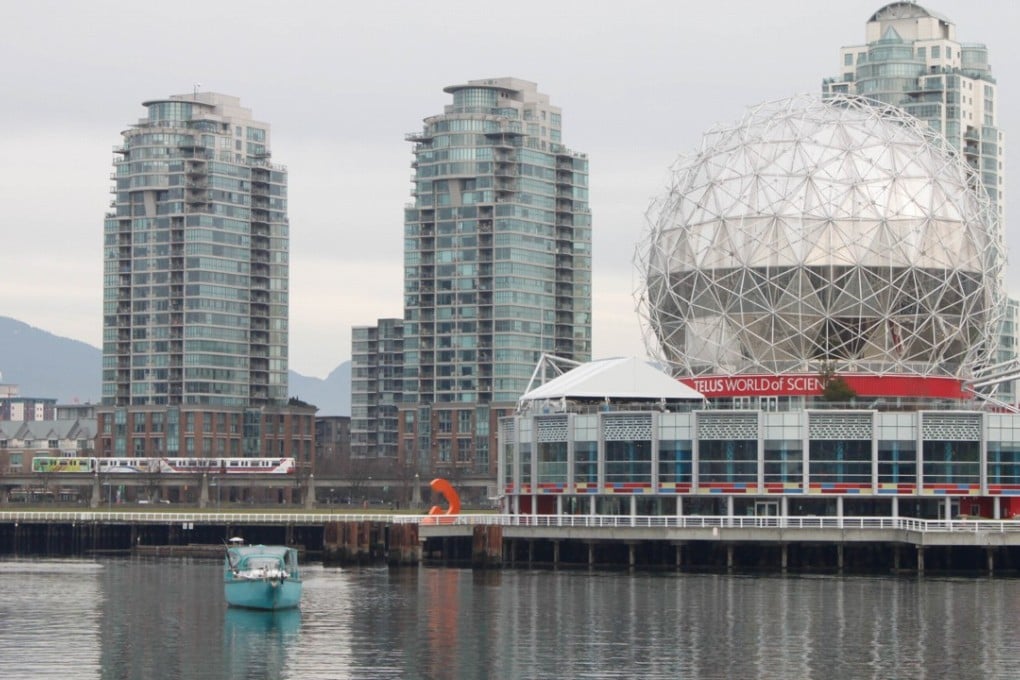Asian community blamed for Vancouver’s housing affordability crisis – but is this a political beat-up?
With the opening of a multimillion-dollar entertainment district in the downtown core, the city has made it clear whom it is catering to

Five years ago, Vancouver was at a crossroads. The glow of the 2010 Winter Olympics had worn off, leaving local taxpayers shouldering a C$1.7 billion (US$1.26 billion) bill.
Olympic Village, south of downtown Vancouver, was mostly vacant in 2013. The plan was to turn it into Vancouver’s newest community, but buyers were wary after reports that the units – erected in record time – were plagued with construction problems.
Across the bay, BC Place stadium, built for the 1986 World’s Fair, was also drawing criticism. Despite an over-budget C$514 million (US$394 million) renovation, the roof was leaking. Cries grew to tear down the 54,500-seat venue as a provincial election neared in British Columbia.

Then Premier Christy Clark’s pro-business party were voted back in, and a new Vancouver began to take shape. Significant real estate deals were quietly signed and a wave of foreign cash began pouring in; Vancouver began to look like a future playground for the wealthy.
The owner of the National Hockey League’s Vancouver Canucks, Aquilini Group, bought the remaining 67 condos in Olympic Village for C$91 million (US$70 million) in 2014, in a move some saw as the City of Vancouver cosying up to a wealthy developer.